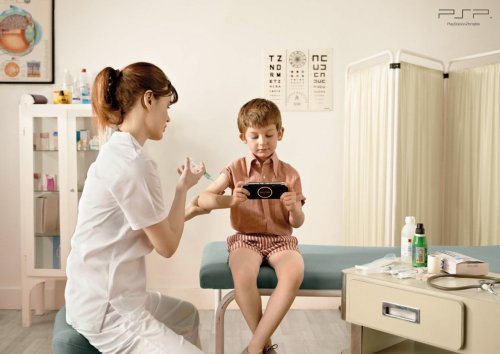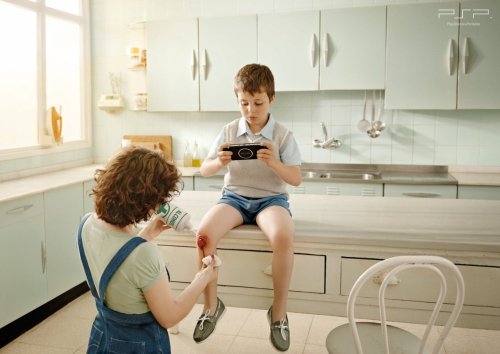On a daily basis, as a society, we are subject to thousands of advertisements a day. Our upbringing is infused with the marketing tactics of tens of thousands corporations trying to convince us to buy something, regardless of the collateral damage to our morals or ideals. In the piece, “Beauty and the Beast of Advertising,” Kilbourne makes a similar assertion, stating that advertisements might be “the most powerful educational force in society.” They truly influence so much of our youth, from what the latest trend is, to how we begin to perceive the opposite sex when the time comes and the teenage years hit. It’s important to teach our children to look at things objectively, and to learn from what they take in, rather than have it dictate how they think.
The portrayal of women in modern media has always been a problem, and while their role in society has evolved greatly over the past century, their image and way of being perceived has also taken a drastic turn in the past few decades. Many years ago women were considered housewives, and subservient, domesticated partners, without a voice. After much struggle and perseverance, women carved their way out of that stereotype.
Women gained the right to vote, and, after Vietnam
However, more recently, the portrayal of the opposite sex in modern media has become infused with similar stereotypes, if not worse ones. Women must keep battling these ways of thinking. Nearly every media outlet that exists today paints women in the same light, an object of sexual desire. This can take many forms and isn’t always derogatory, but always achieves the same effect. Regardless of the intention behind the advertisement, a beautiful object is still an object. Kilbourne writes on the ideal woman in our society, relating that she is "a mannequin, a shell. Conventional beauty is her only attribute... she has no lines or wrinkles... no scars or blemishes." The effect this has on girls growing up is staggering. It’s beyond comprehension, from a male point of view, trying to understand the role that society has laid out for the opposite gender. Those that are easily influenced soon become a majority, and then group mentality sets in. It suddenly becomes ok for girls to look at themselves the same way everyone else does, without any thought as to how they would like to be seen instead. Their definition of success and happiness becomes dependent on others, instead of whatever their own definition of those vague ideas may be.
The Playstation ad I chose for this blog post is refreshing because, while it portrays a woman in a motherly role, it also put another in the role of a doctor. The two images seem almost interchangeable, and the focus of the ad is the child and his enjoyment of the device, not the appeal of the women in it. The ad is a step forward, and shows that while women may be portrayed badly sometimes, there's hope that things are generally changing for the better.




We never seem to realize that even though women have progressed so much throughout the years they still are affected with stereotypes and still don't have their own identity. It makes me wonder if this will ever happen or is it just false hope. Mothers do become some sort of superwomen, they usually are known to do cooking, cleaning, sewing, laundry, the doctor who makes everything feel better, knows what to say when your sad or angry, and is always there for you. So I understand why the playstation advertisement depicted the mother as a doctor, but I never would of thought it was trying to overcome a stereotype.
ReplyDeleteI love the playstation ad,lol.
ReplyDeleteThis comment has been removed by the author.
ReplyDeleteI've seen these ads before and I always looked at them as a comedy. Mostly because my focus was always on the little boy who was so distracted by his video game. I failed to notice the role that the women played in every scenario. It felt like she was suppose to be a part of the background even though she played an important part by nurturing the little boy. The ad definitely would've had a different feeling if men where the roles taking care of the little boy.
ReplyDelete